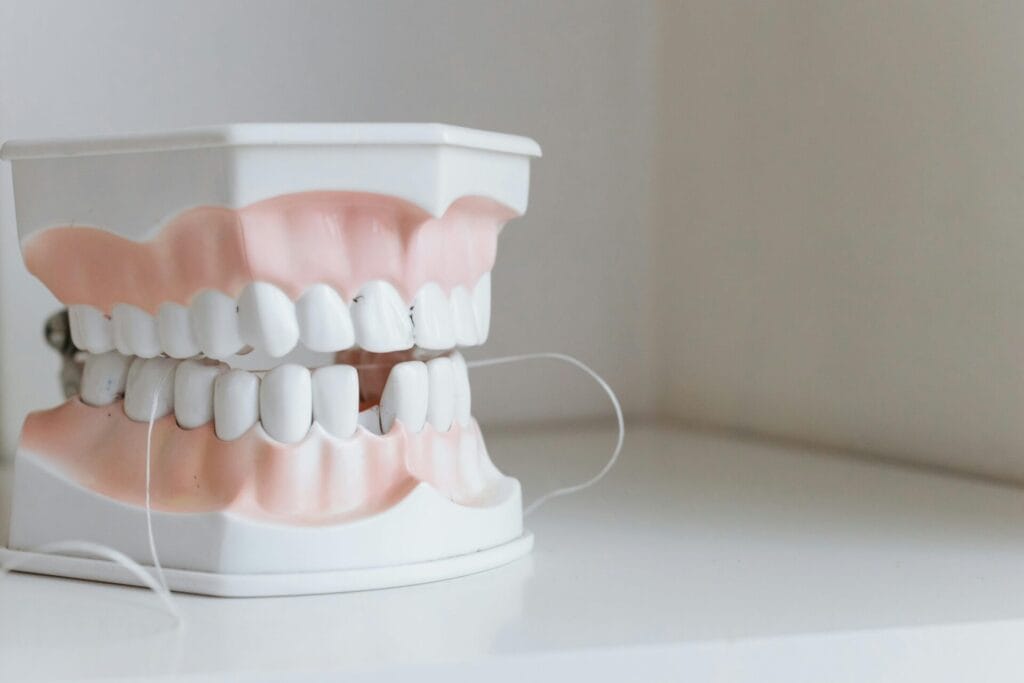
When we think about dental health, we often focus on our teeth—their appearance, strength, and functionality. However, an equally crucial aspect of oral health is the condition of our gums. Healthy gums are the foundation of a healthy mouth, and this is where periodontics comes into play. In this blog post, we’ll delve into what periodontics is, why gum health matters, and how you can maintain optimal gum health.
What is Periodontics?
Periodontics is a specialized branch of dentistry that focuses on the prevention, diagnosis, and treatment of periodontal disease, which affects the gums and supporting structures of the teeth. Periodontists are dental professionals who have advanced training in the management of gum diseases and conditions related to the bone and tissues surrounding the teeth.
The Importance of Gum Health
Gum health is vital for several reasons:
- Support for Teeth: Healthy gums provide a supportive framework for teeth, ensuring they remain stable and aligned. Gum disease can lead to tooth mobility or even tooth loss if left untreated.
- Prevention of Disease: Gum disease has been linked to several systemic health issues, including heart disease, diabetes, and respiratory infections. Maintaining gum health can help reduce the risk of these conditions.
- Aesthetic Appeal: Healthy gums contribute to a beautiful smile. Swollen, red, or receding gums can affect the appearance of your smile and confidence.
Common Gum Issues
- Gingivitis: This is the earliest stage of gum disease, characterized by inflammation of the gums. Symptoms may include redness, swelling, and bleeding while brushing or flossing. Gingivitis is typically reversible with good oral hygiene.
- Periodontitis: If gingivitis is left untreated, it can progress to periodontitis. This more severe form of gum disease affects the bone supporting the teeth and can lead to tooth loss. Symptoms include deep pockets between teeth and gums, persistent bad breath, and gum recession.
- Receding Gums: Gum recession occurs when the gum tissue pulls back from the teeth, exposing more of the tooth or its root. This can result from gum disease, aggressive brushing, or genetic factors.
- Periodontal Abscess: An infection in the gum tissue that can cause severe pain and swelling. It often requires prompt treatment to prevent further complications.
Maintaining Healthy Gums
- Brushing and Flossing: Brush your teeth at least twice a day using fluoride toothpaste, and floss daily to remove plaque from between your teeth and under the gumline.
- Regular Dental Checkups: Visit your dentist regularly for professional cleanings and examinations. Your dentist can spot early signs of gum disease and recommend appropriate treatment.
- Healthy Diet: Eat a balanced diet rich in vitamins and minerals to support gum health. Vitamin C, for instance, is essential for maintaining healthy gum tissue.
- Avoid Tobacco Products: Smoking and other tobacco use can significantly increase your risk of gum disease and impede the healing process.
- Stay Hydrated: Drinking plenty of water helps keep your mouth moist and aids in the removal of food particles and bacteria.
When to See a Periodontist
If you experience symptoms of gum disease such as persistent bad breath, bleeding gums, or tooth mobility, it’s essential to consult a periodontist. Early intervention can prevent the progression of gum disease and preserve your oral health.
Conclusion
Periodontics and gum health are crucial components of overall dental care. By understanding the role of periodontics and taking proactive steps to maintain gum health, you can ensure a strong foundation for your teeth and a healthier smile. Regular dental visits, good oral hygiene practices, and a healthy lifestyle are key to preventing and managing gum disease. If you have concerns about your gum health, don’t hesitate to seek professional advice and care from a periodontist.
Remember, healthy gums are not just about preventing disease—they’re about maintaining your quality of life and overall well-being.
